Carbonate Sedimentology and Sequence Stratigraphy

INSTRUCTOR: Oscar Lopez-Gamundi, PhD
DISCIPLINE: Geoscience
COURSE LENGTH: 5 Days (Classroom), 10 half-day sessions (Live Online)
CEUS: 4.0
AVAILABILITY: Public, In-House, & Live Online
WHO SHOULD ATTEND: Designed for geologist, geophysicists, and engineers actively working in the exploration and production of carbonate rocks.
COURSE DESCRIPTION: This five-day course covers the basic concepts of carbonate sedimentology and sequence stratigraphy with emphasis on their practical applications for oil and gas exploration, appraisal and production. All concepts are illustrated with examples of outcrop well-log, core and seismic data.
LEARNING OUTCOMES:
The ultimate objective of the course is to provide the geologists, geophysicists and engineers with tools and methodologies of carbonate sedimentology and sequence stratigraphy to effectively predict the presence and quality of reservoir, source rock and seal.
COURSE CONTENT:
- Principles of Carbonate Production
- Modes of marine precipitation, carbonate-specific aspects of deposition and erosion.
- Differences with clastic sedimentation. Carbonate mineralogy and diagenesis.
- Classification of carbonate rocks.
- Marine Modern Carbonate Environments and Facies Models
- Carbonate Depositional Systems: Marine shallow-water and deep-water carbonates
- Non-marine (lacustrine) Carbonates
- Geometry of carbonate accumulations: ramp, platforms, slope, localized accumulations, reefs and subtypes. Wilson’s facies belts.
- Carbonate Sequence Stratigraphy.
- Systems tracts: lowstand (LST) transgressive (TST) and highstand (HST) system tracts.
- Relative sea level changes deduced from seismic. Shoreline Trajectory.
- The catch-up and keep-up highstand platform models.
- Lowstand deposits: allochthonous wedges, autochthonous wedges and platform/bank margin wedges
- Selected Examples
- Anatomy of a reef: The Capitan Reef (Permian), Texas, USA
- An isolated carbonate platform: the supergiant Tengiz Field (Carboniferous), Kazakhstan
- A seismically well-imaged, back-stepping platform: the Tertiary of the Maldives Islands
- Microbial limestones as reservoirs: the pre-salt (Cretaceous) of offshore Brazil
